Former Kosovo official on "highway of ethnic discourse"
Quite a lot of dust was raised around the meeting of the two prime ministers, Edi Rama and Vucic, planned in Nis, writes Petrit Selimi.
Friday, 26.08.2016.
15:34
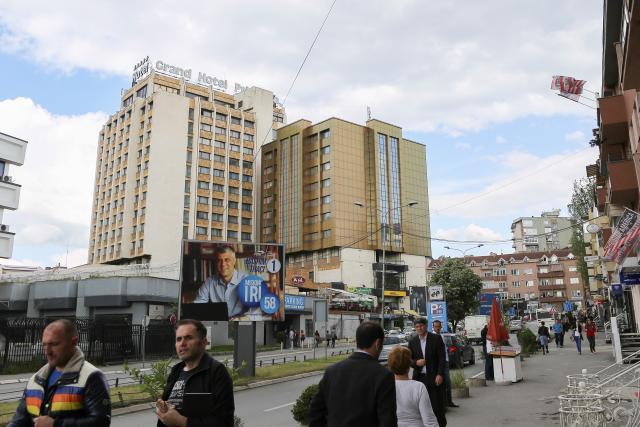
Former Kosovo official on "highway of ethnic discourse"
"While media were speculating around the aims and the format of the meeting, rather quietly, another proposal from Belgrade got some traction – namely the opening of the construction works of the highway 'Nish-Durres'.""This summer in Paris we have witnessed the Third regional summit of heads of states of the Western Balkans, under the umbrella of the Berlin process. This series of the meetings was launched by Chancellor Merkel herself in Berlin, with the aim of supporting the region in developing joint infrastructural projects as well as good neighborly relations between countries that only few years ago were in the various wars, mostly instigated in Belgrade. Berlin Process has established an excellent platform for further supporting European integration agenda for the Balkan countries that have not joined the EU yet."
In the op-ed, first published in Albanian, Selimi said that "Albania was highlighted this year bit more than the others because the rest of WB6 agreed in Paris to establish a regional fund for youth exchanges that will be headquartered in Tirana."
"Several other projects in infrastructure were also approved in Paris, which will diversify the road and rail infrastructure between the countries of the Western Balkans region. One of such approved projects is the extension of the so-called National Highway beyond the Kosovo border, from Merdare to Nish. This extension will provide connectivity between Albania and Kosovo, but also Montenegro, with Serbia, Macedonia and Croatia."
"The highway between Kosovo and Albania proved to be super successful. As never before in history, Kosovo and Albania created a real infrastructural axis that enables better communication. Only during the second weekend of August, over 80,000 Kosovars have travelled to Albania using this highway that is named Ibrahim Rugova after the late Kosovo president. In old days, it used to take an entire day for Kosovars to visit Velipoja, Durres, Tirana , Durres or other coastal cities of Albania, while now – thanks to the newly built highway – Kosovars have become real weekend tourists, traveling to Albania or Montenegro several times a year. Prishtina youth often decide now on ad-hoc basis to spend the weekends clubbing in Tirana, and vice-versa," writes Selimi.
"This highway has been paid with no little money, by the people of both countries. No international credit was taken, but millions of Albanians contribute to build this project. It’s an enormous project that has integrated Kosovo and Albania economically, but it will also integrate both countries further to central and north Europe," he said, adding:
"But, here we have the Serbian prime minister who has been touting for the last year or so to re-name the project as the 'capital project of the highway Nish-Durres'. In meetings with EBRD and the Word Bank, in various incessant media appearances, in meetings with diplomats, Vucic mentioned the importance of the highway 'Nish-Durres', with a seemingly moderate language, promoting the regional connectivity and cooperation."
Tirana politics should not be entrapped in such a discourse, argues the former Kosovo minister, adding that there are "two fundamental issues with the attempts in Belgrade to transform the 'Durres-Nish' highway into a project of the Serbian goodwill for better regional cooperation."
The first is "rather empirical, writes Selimi:
"The present highway between Albania and Kosovo is long around 400 kilometers, depending how you measure it. The construction through the mountains, with the longest tunnel in Balkans has been arduous, but it now has a significant economic and symbolic weight. The extension that must be built
by Serbia from Nish to Merdare, with the help from European funds, is less than 1/7 of the total investments that was put up by Prishtina and Tirana. Nish will be a node in connecting Prishtina – Tirana highway to the existing highway between Skopje and Zagreb. Such a node is also Prizren, and in future, when Montenegro is connected, may also be Shkodra. So naming this highway as a project 'Nish-Durres' is rather arbitrary just like naming it '“Durres-Slavonski Brod or 'Lezha-Skopje'."
Selimi also sees "another far more dangerous issue" behind "this naming problem that seems more semantic":
"Vucic insists and the entire Serbian official political landscape insists that the relations between Kosovo and Serbia are discussed as the relations between Albanians and Serbs. Serbia has no problem to meet Tirana, has no problem to have dialogue with 'Kosovo Albanians', to finance or to participate conferences and events with Albanians. Serbia has absolutely no willingness to deal with Kosovo as such and refuses to ever use the term “Kosovars” for citizens of Kosovo. Please note every single statement ever released by the President, Prime Minister or the ministers of the Serbian Government. They will always speak of 'Kosovo-Albanians' but never of 'Kosovars'. Serbia finds security and comfort in keeping ethnic discourse alive as this is how it also remains alive idea of the 'Republika Srpska' and not of civic, unitary Bosnia. Serbia dreams of somehow 'solving the issue' of Kosovo via Tirana. Whoever has read Cosic and the gang from the Serbian Academy in the last three decades knows that the official Serbia with a certain racist tendency sees as Kosovo or Kosovo Albanians as'“unworthy' of being considered equal to Serbia or Serbs.According to Serbia, Kosovo is not a state. Prishtina is not a capital city of a state. Hence there can be no highway Belgrade-Prishtina or Belgrade-Prishtina-Tirana. With smuggling this weird name of 'Durres-Nish', Belgrade only re-confirms its desire to keep the prevailing focus on ethnic terms."
"This is confirmed easily when you listen to what is being said in Belgrade. Serbian media agree that one of the aims of Belgrade’s overtures towards Tirana is to bypass Prishtina. In the Russian radio Sputnik, professor Milan Krstic states that 'the closer relations between Belgrade and Tirana are of tactical nature because official Belgrade finds it easier to discuss with official Tirana with whom it has normal diplomatic relations, than with Prishtina, whom it considers part of its sovereign territory. So, Tirana is becoming the address where many open issues between Albanians and Serbs may be discussed in the future'," Selimi said, adding:
"The Albanian government must not fall in such a trap. Good neighborly relations are extremely important in the EU integration process and the détente between Tirana and Belgrade only became possible as a derivative of the dialogue between Prishtina and Belgrade. For meetings such as the one in Nish, where economy and political cooperation are in focus, no one in Prishtina should ever be angry. But it will be disappointing if Albania somehow acquiesces to participate or even witness the renaming of the Prishtina-Tirana highway as a project of the vucician drama and spectacle that will link Nish and Durres."






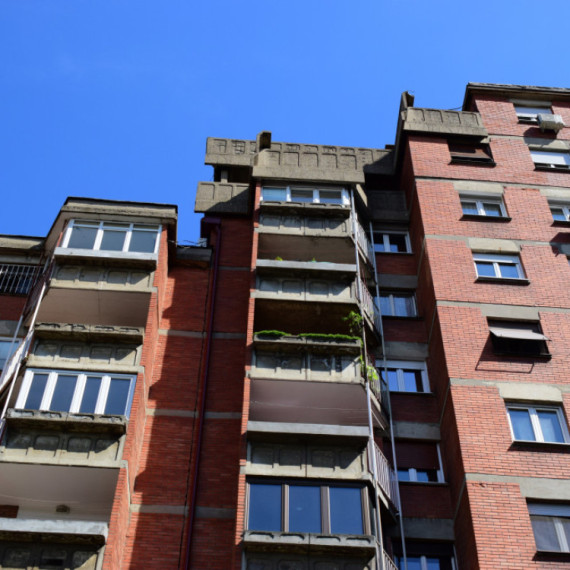



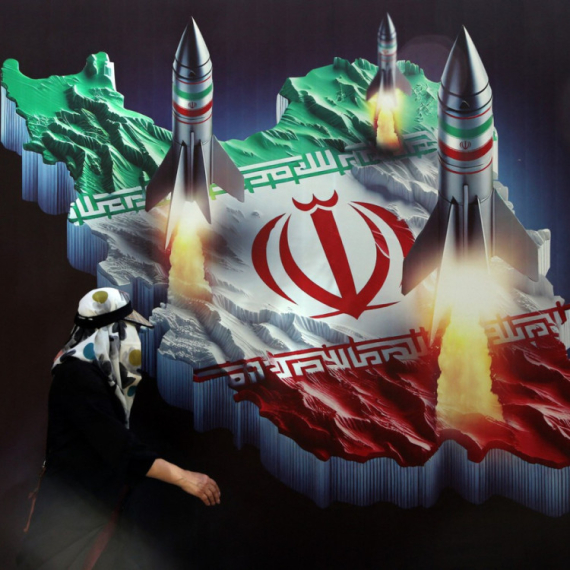

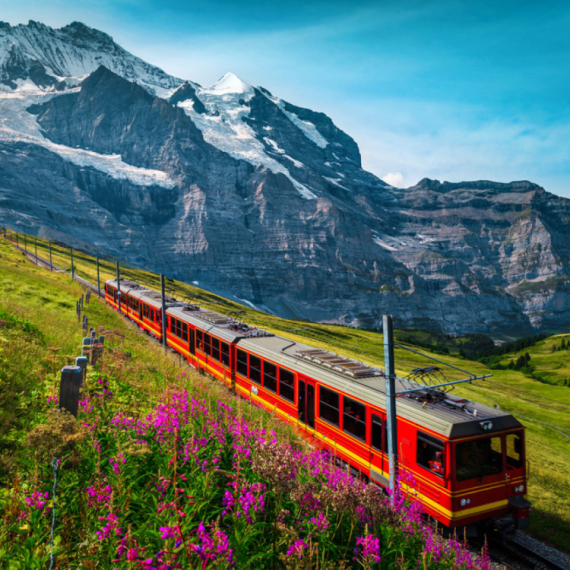

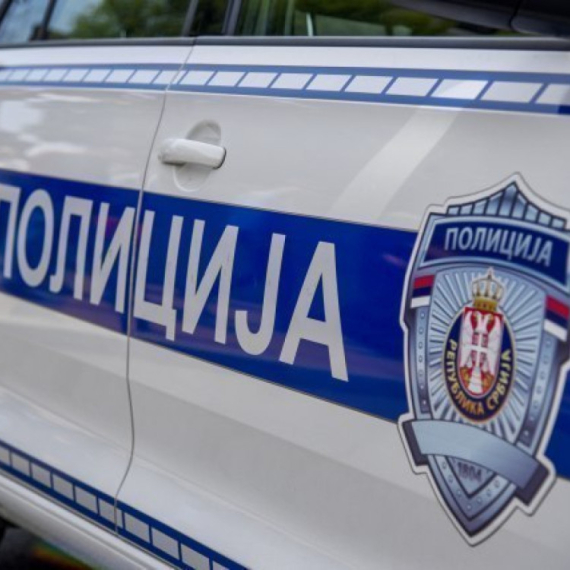

Komentari 5
Pogledaj komentare